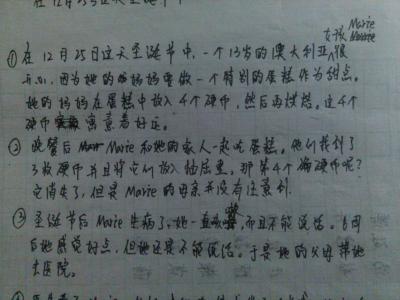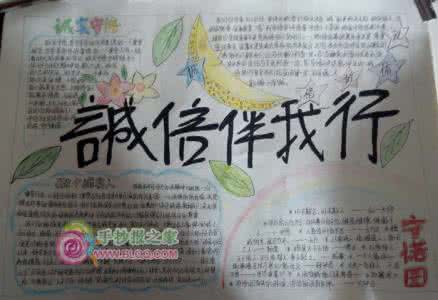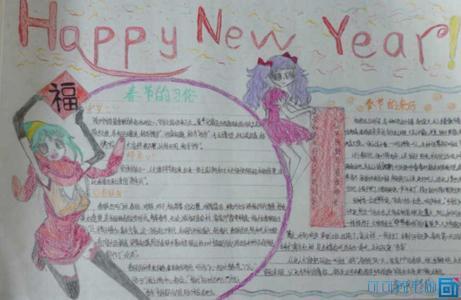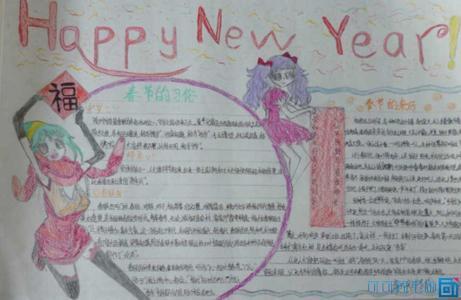英语作为国际沟通交流的语言工具,其在全球化进程中扮演着重要的角色,语言学习是政治、经济、教育、文化全球化的第一步,语言学习的目的就是学以致用。小编整理了有关于itzhak的英语短文,欢迎阅读!
有关于itzhak的英语短文篇一
Itzhak Perlman was born in Israel.But his music has made him a citizen of the world.He has played in a1 every large city.He has won fifteen Grammy Awards and four Emmys.
Perlman suffered a terrible disease which hurt his l2 at four.Today he uses a wheelchair or walks with crutches(拐杖).But none of these s3 him from playing the violin.As a young child,he took his first lessons at the Music Academy of Tel Aviv.Very quickly,his s4 talent was recognized.At the age of thirteen he went to the United States to a5on television.His playing led him to the Juilliard School in New York.
His music is full of power and strength.It can be s6 or joyful,loud or soft.But people say it is not the music a7that mak es his playing so particular.They say he is able to show the joy he f8 in playing,and the feelings that great music can express.
Anyone who has watched his performance will tell you it is exciting to watch him play.His face changes a 9 the music from his violin changes.He smiles and closes his eyes when the music is light and happy.He often l10 dark when the music seems dark and frightening.
Itzhak Perlman has received many honors,and continues to receive honors for his music.
有关于itzhak的英语短文篇二
On November18, 1995, Itzhak Perlman, the world famous violinist, came on stage to give a concert at Lincoln Centre in New York City. If you have ever been to a Perlman concert, you know that getting on stage is not easy for him. He got polio(小儿麻痹症)as a child, and has to walk with the aid of two crutches(拐杖)now.
That night Perlman walked slowly to his chair. Then he sat down and began to play. But, suddenly, one of the strings on his violin broke. You could hear it break---it broke with a loud noise.
People thought to themselves, “He would have to get up to either find another violin or find another string for this one.”

But he didn’t. Instead, he waited a moment, closed his eyes and then signaled the conductor to begin again. The orchestra(管弦乐队)began, and he played from where he had stopped. He played with such passion and such power.
Of course, everyone knows that it is impossible to play a symphonic work with just three strings. But that night Itzhak Perlman refused to know that. You could see him changing and recomposing(重新作曲)the piece in his head.
When he finished, there was a silence in the room. Then people rose and cheered. We were all on our feet, doing everything we could to show how much we appreciated what he had done.
He smiled and then he said in a quiet tone, “You know, sometimes it is the artist’s task to find out how much music you can make with what you have left.”
His words have stayed in my mind ever since I heard them. That is also the way of life. Perhaps our task in this quickly changing world in which we live is to make music, at first with all that we have, and then, when that is no longer possible, to make music with what we have left.
有关于itzhak的英语短文篇三
On Nov. 18, 1995, Itzhak Perlman, the violinist, came on stage to give a concert at Avery Fisher Hall at Lincoln Center in New York City.If you have ever been to a Perlman concert, you know that getting on stage is no small achievement for him. He was stricken with polio(小儿麻痹症) as a child, and so he has braces (支架) on both legs and walks with the aid of two crutches (双拐).He walks painfully, yet majestically, until he reaches his chair. Then he sits down, slowly, puts his crutches on the floor, undoes(松开) the clasps on his legs, tucks one foot back and extends the other foot forward. Then he bends down and picks up the violin, puts it under his chin, nods to the conductor and proceeds to play.But this time, something went wrong. Just as he finished the first few bars(小节), one of the strings on his violin broke.
You could hear it snap (嘣断)---it went off like gunfire across the room. There was no mistaking what that meant. There was no mistaking what he had to do.We figured that he would have to get up, put on the clasps again, pick up the crutches and limp(跛行) his way off stage---to either find another violin or else find another string for this one. But he didn’t. Instead, he waited a moment, closed his eyes and then signaled the conductor to begin again.The orchestra began, and he played from where he had left off. And he played with such passion and such power and such purity(纯净) as they had never heard before.When he finished, there was an awesome(可怕的) silence in the room. And then people rose and cheered. He smiled, wiped the sweat from this brow, raised his bow to quiet us, and then he said in a quiet tone, “You know, sometimes it is the artist’s task to find out how much music you can still make with what you have left.”
 爱华网
爱华网



